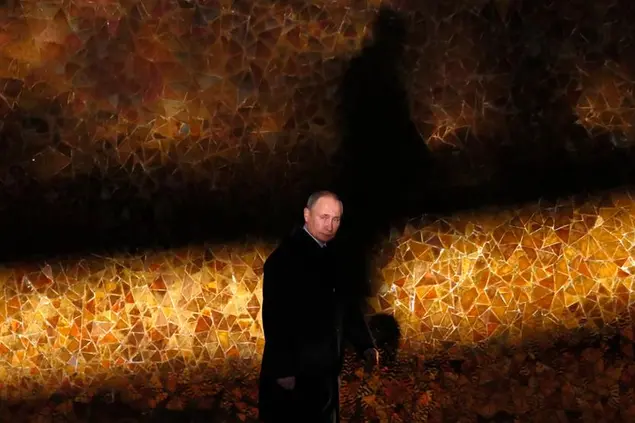- Filmati, fotografie e testimonianze mostrano che le forze armate russe sono state coinvolte in decine di episodi che possono configurarsi come crimini di guerra.
- Molti episodi sono probabilmente frutto di decisioni dei soldati e degli ufficiali sul campo, ma i bombardamenti indiscriminati contro le città ucraine sono stati ordinati dall’alto.
- Il problema è che se Putin non sarà deposto, se la Russia non deciderà di consegnare generali e soldati sotto accusa, i crimini commessi in Ucraina resteranno senza colpevoli. Così come gran aprte dei crimini commessi in tutte le altre guerre.
L’impossibile caccia ai crimini di guerra di Vladimir Putin

20 marzo 2022 • 08:00